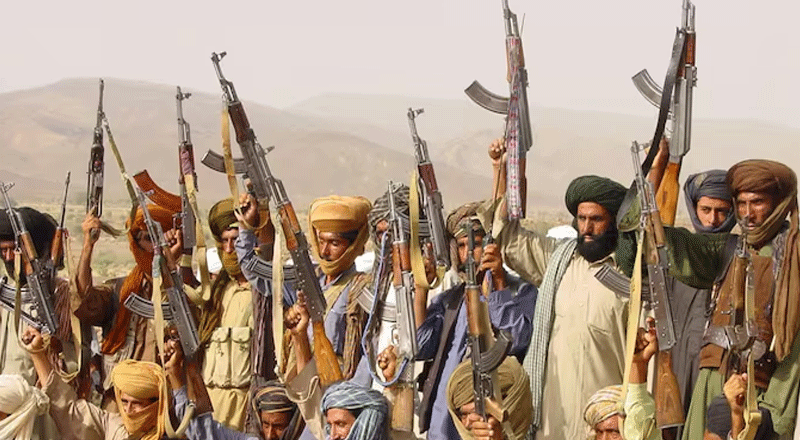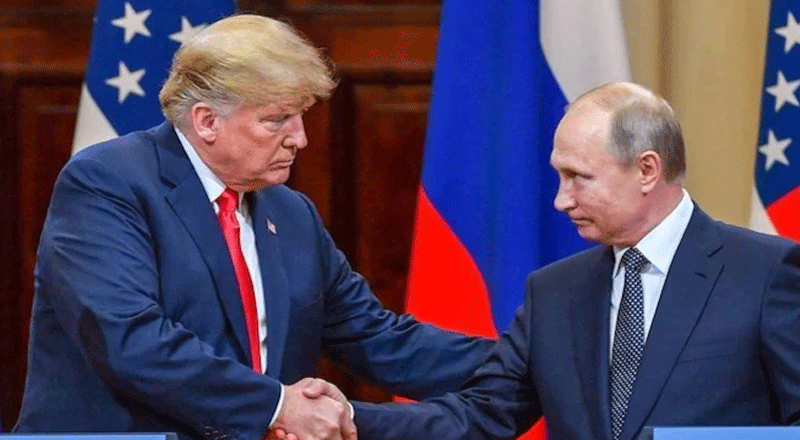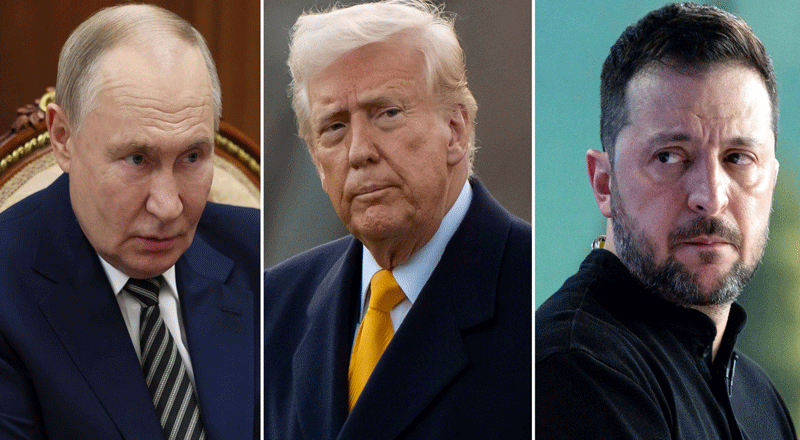- The Maldives is facing an imminent threat of a debt crisis, according to the International Monetary Fund (IMF).
- Since the ascent of pro-China President Mohamed Muizzu to power in November, Beijing has significantly increased its financial commitments to the Maldives.
- The IMF’s assessment underscores the urgency for the Maldives to implement “urgent policy adjustments” to mitigate the risk of debt distress.
- The unique geographical and geopolitical significance of the Maldives amplifies concerns over its economic stability amidst rising debt levels and geopolitical tensions.
- The IMF’s warning serves as a wake-up call for the Maldives to undertake prudent fiscal policies and strategic diplomatic maneuvers to navigate through these challenging times.
The Maldives, a strategically positioned nation in the Indian Ocean, is facing an imminent threat of a debt crisis, according to the International Monetary Fund (IMF). The warning comes in light of the Maldives’ heavy borrowing from China and a notable shift in allegiance from India.
Since the ascent of pro-China President Mohamed Muizzu to power in November, Beijing has significantly increased its financial commitments to the Maldives. Muizzu, expressing gratitude for China’s support, acknowledged their substantial assistance for development projects during a recent visit to Beijing.
The IMF’s assessment underscores the urgency for the Maldives to implement “urgent policy adjustments” to mitigate the risk of debt distress. Without significant changes, the IMF predicts persistent fiscal deficits and soaring public debt levels, maintaining the nation’s susceptibility to external and overall debt distress.
Despite the Maldives’ economic recovery from the COVID-19 pandemic, fueled partly by its vibrant tourism sector, uncertainties persist. Planned infrastructure expansions, including airport upgrades and hotel expansions, offer potential for economic growth. However, the IMF cautions that risks remain elevated, with the outlook clouded by uncertainties.
The Maldives’ debt burden has been exacerbated by previous administrations’ heavy reliance on Chinese loans for infrastructure projects. Former President Abdulla Yameen’s tenure saw substantial borrowing from Beijing, resulting in a significant portion of the country’s foreign debt being owed to China.
As the Maldives grapples with its debt challenges, President Muizzu has also signaled intentions to strengthen the country’s military capabilities. This move aims to safeguard the nation’s vast maritime territory, crucial for global east-west shipping routes passing through the Maldives’ extensive chain of coral islands.
The unique geographical and geopolitical significance of the Maldives amplifies concerns over its economic stability amidst rising debt levels and geopolitical tensions. With its small land area and dispersed population, the Maldives faces formidable challenges in managing its debt while ensuring sustainable economic development.
As the smallest country in Asia, the Maldives stands at a critical juncture, balancing economic growth aspirations with the imperative of debt sustainability and strategic autonomy in a geopolitically volatile region. The IMF’s warning serves as a wake-up call for the Maldives to undertake prudent fiscal policies and strategic diplomatic maneuvers to navigate through these challenging times.
(With inputs from agencies)





